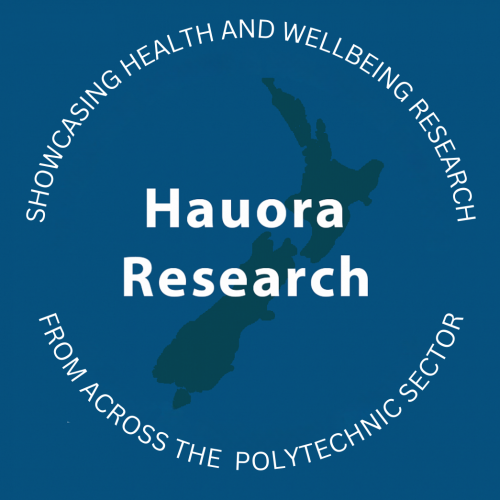
Study aims to improve quality of life for end stage prostate cancer patients
Unitec: Lutetium therapy, proven overseas to significantly improve quality of life for patients with advanced stage metastasized prostate cancer, has been privately available at Mercy Radiology in Auckland since 2018.
Madhusudan Vyas is a lecturer at Auckland’s Unitec and a Doctorate of Health Sciences (DHSc) candidate at the Auckland University of Technology (AUT). He is in the set-up stage of a doctoral research project that will measure quality of life indicators for those receiving lutetium therapy and compare them to other end-of-life patients receiving traditional treatment within the public health system.
The therapy directly targets the cancer cells without the far-reaching side effects of traditional cancer treatments.
‘If we think of chemotherapy as lighting a fire to kill the cancer cells, we can best describe this technique as sending in a sniper,’ explains Vyas.
To be eligible for the lutetium therapy, patients must have exhausted all other traditional treatments and be relatively well.
Vyas reviewed various international clinical trials, studying the results of lutetium therapy in 1000 patients before commencing his study in August 2018. He is using a combination of research techniques to determine the change in quality of life indicators for patients in New Zealand.
During preliminary research from a pilot study at Mercy Radiology 18 patients completed quality of life questionnaires before, during and after their treatment. Of these, ten demonstrated no significant toxicity levels, and more than half have improved their quality of life score.
A control group of people receiving expectant treatment will be sent a quality of life questionnaire every six to eight weeks. Their survival rate will be compared to those receiving the lutetium treatment.
In addition, Vyas and his team will be undertaking face-to-face interviews with lutetium patients and their partners.
‘This process is happening at the moment and initial results show that quality of life scores are very encouraging, with some exciting stories related to the patient’s personal lives,’ says Vyas.
The results from the study are expected in 2022 and Vyas hopes to demonstrate the value of lutetium therapy for the broader population. It is his hope that it will influence Manātu Hauora to fund public treatment so all New Zealand men with end stage prostate cancer, and their families, can benefit from a treatment that will improve their quality of life.
- The New Zealand Prostate Cancer foundation provided funding for the trial phase under the supervision of Dr Remy Lim. Vyas is completing his DHSc under the supervision of Dr Nick Garrett and Dr Gareth Terry at AUT, and the treatment is undertaken at Mercy Radiology in Auckland under the guidance of Dr Remy Lim and managed by Jessica Fagan. Vyas also received funding towards his study and conference presentations from both Unitec and AUT.
- Madhusudan Vyas has been a lecturer for the undergraduate Medical Imaging programme (BHSc MI) at Unitec Institute of Technology in Auckland since 2017. He is currently undertaking his Doctor of Health Sciences from AUT. Madhusudan is also a Medical Radiation Technologist specialising in the field of nuclear medicine and has worked in the clinical field actively since 2003. Email Madhusudan Vyas.
- Visit Unitec's website.
- Find Unitec on Facebook.

